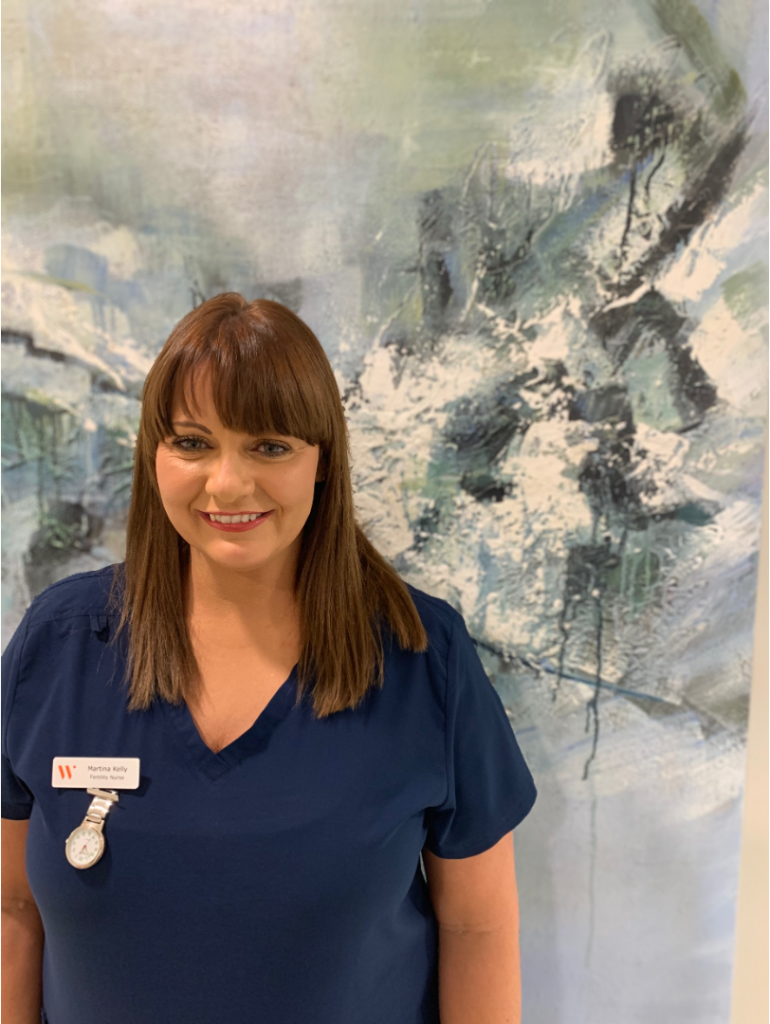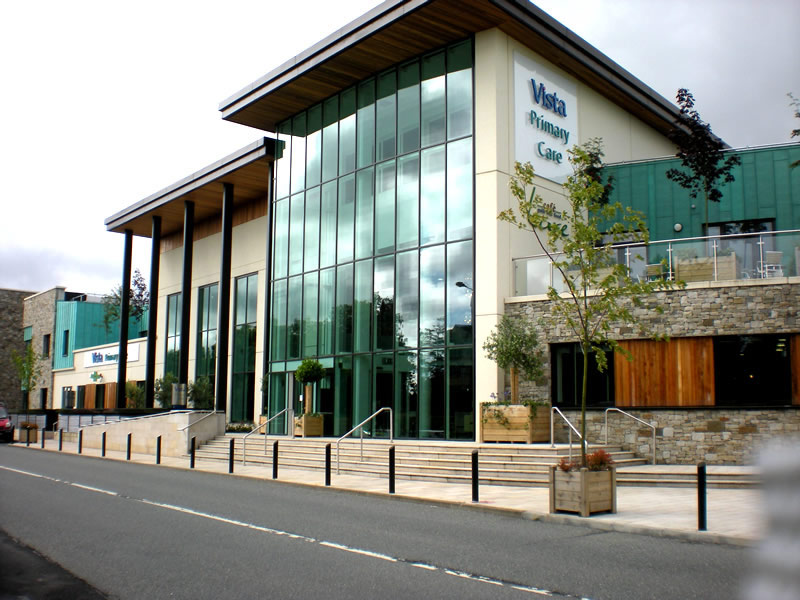Kathryn Leslie was 35, single and based in New York when she decided to preserve her fertility. The 38-year-old Limerick native is now engaged and living in Zurich
As told to Katie Byrne, Irish Independent, November 24 2020
“I’ve always known that I wanted my own family someday. When I was growing up in Limerick, my mam was a childminder. She minded other people’s kids from the village so there were always babies and children around our house.
When I was older, I started working in children’s rights and specifically on child protection policy and advocacy. I lived in Tanzania for five years, working for UNICEF, the UN’s children’s agency. When I was 30, I moved to New York to work at UN headquarters.
I was young, free and single, living the life with my friends. I was out three or four nights a week with the girls, going on dates and having a blast.
New York is such a cool city but I never saw myself living there long-term. When you work for the UN system, you tend to move around the world a lot. And I wasn’t sure I wanted to keep doing that. After five years, I wanted to get a new job, a new challenge, preferably in Europe, to be closer to my family in Ireland.
I was also conscious that I hadn’t met anyone yet. After five years in Manhattan, I was admittedly getting fed up of big city life, and dating. When I was living in Tanzania, I had met someone but he died in an accident early in our relationship when I was 29. And even though I was dating in New York, I never met anyone else that I connected with.
At 35, I was really looking for a change and fresh start closer to home. Randomly, at the age of 35, I also started getting all of these targeted ads on Facebook and by email, like ‘Have you thought about egg freezing?’. They were sent in a way as if to say there was something all of a sudden “wrong” with me. Then I was chatting to my sister and she had two kids through the assistance of the Waterstone Clinic in Cork. She had a great experience with them so when I was home in Ireland for Christmas 2017, I made an enquiry about egg freezing.
In New York, one round of egg freezing costs around €20,000 — and my American health insurance didn’t cover it. There was no way I was paying that amount of money and I also didn’t want to have my potential eggs in America if I wasn’t going to be living there.
That initial enquiry with the Waterstone Clinic really kick-started the process. The next time I was home in Ireland, I went for a fertility check. The clinic told me I was fit and healthy and said it was better to do it now than later. Then they said ‘here’s your plan’ and I was thinking ‘the plan?’. I didn’t expect them to produce an operational masterplan. It was a bit overwhelming.
I learned that the process of having your eggs frozen is actually quite time- intensive and logistical. You have to get regular scans and start the hormone injections on the third day of your cycle and take the injections at the same time every evening for up to 10 days. I was thinking, ‘how the hell am I going to manage all of this?’
It was crazy, but the nurses and staff were so helpful — I really felt professionally supported and not just in a clinical way, but in a caring way too. The monitoring of the follicle growth was happening in New York and then, when the follicles were of a certain size, I would book a flight to come back to Ireland for what they call the ‘trigger shot’ and then have the procedure.
All the while I was getting scans at a gynaecologist in New York on my lunch breaks, and they were sending the info back to the Waterstone Clinic.
There was even one evening when I was going from the office in New York to the airport and I had to inject myself on the airport bus because you have to take them at the same time every day. I could see people looking at me thinking, what is your one up to?
Given the over and back between New York-Cork-New York, the whole process of two rounds took about five months from the initial enquiry to the final procedure and we got 42 eggs in total.
Initial storage costs were included in the price for one year, and after that you can renew storage for blocks of five years.
Overall, I found it to be a very empowering and reassuring thing to do. It was a relief — and it really helped me make the decisions I needed to make that year with ease and it relaxed me in terms of dating.
There was so much going on between leaving New York, moving jobs and not having met the right partner. So I just thought, do you know what, I’m going to take this one thing — this ticking time bomb — and give myself some reassurance and insurance for the future.
Like everybody, I wanted to find love for all the right reasons. And I didn’t want the baby-making thing to be a driving factor.
Freezing my eggs freed me up in many ways to make the right choices. You can’t control whatever happens in the future but the one thing you can control is putting your eggs — your fertility — on ice.
I left New York in December 2018 and moved to Zurich a month later for a new job as head of safeguarding and child protection at FIFA.
A month after moving to Zurich, I met Mathias. I didn’t know anyone when I arrived and, before shutting down my Tinder account, I decided to give it one last swipe. It was his first time using Tinder. I was his first match and his first date.
My decision to freeze my eggs actually came up on our first date. We were in a bar in Zurich, tearing into the cocktails. Five cocktails later — maybe six — we started talking about wider life issues and it somehow came up.
He was actually very impressed. He told me later that it was one of the things that made him become more attracted to me.
Mathias and I got engaged six months after our first date and starting a family is very much on the cards. We were supposed to get married this month, but we had to postpone it because of Covid.
When I decided to have my eggs frozen, a few friends messaged me to tell me that they were thinking about it but they weren’t sure. I told them to go for it. If it’s crossed your mind, I said to them, it’s crossed your mind for a reason.
If egg freezing helps you live your best life and not have worries or stress about your fertility or getting older; if it helps you make the right decisions for the right reasons, then my advice is to just go for it.”





